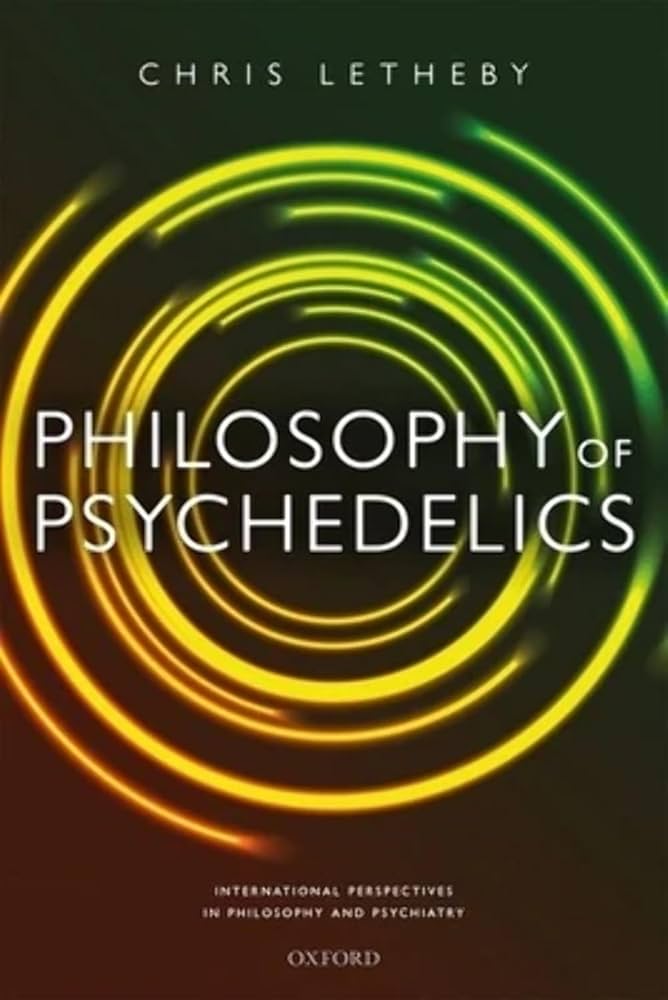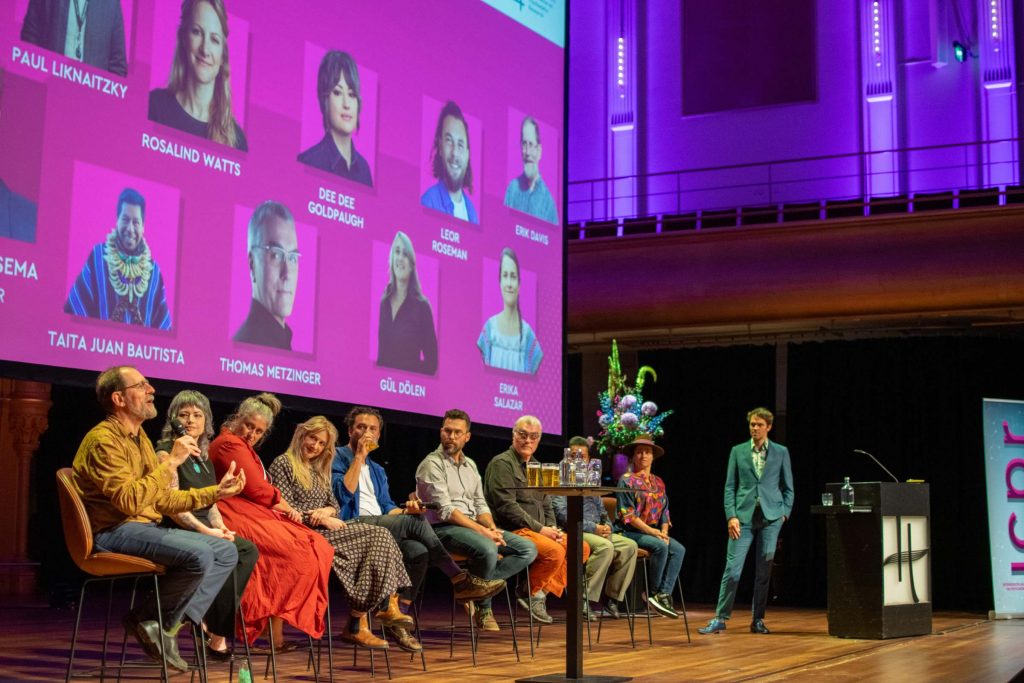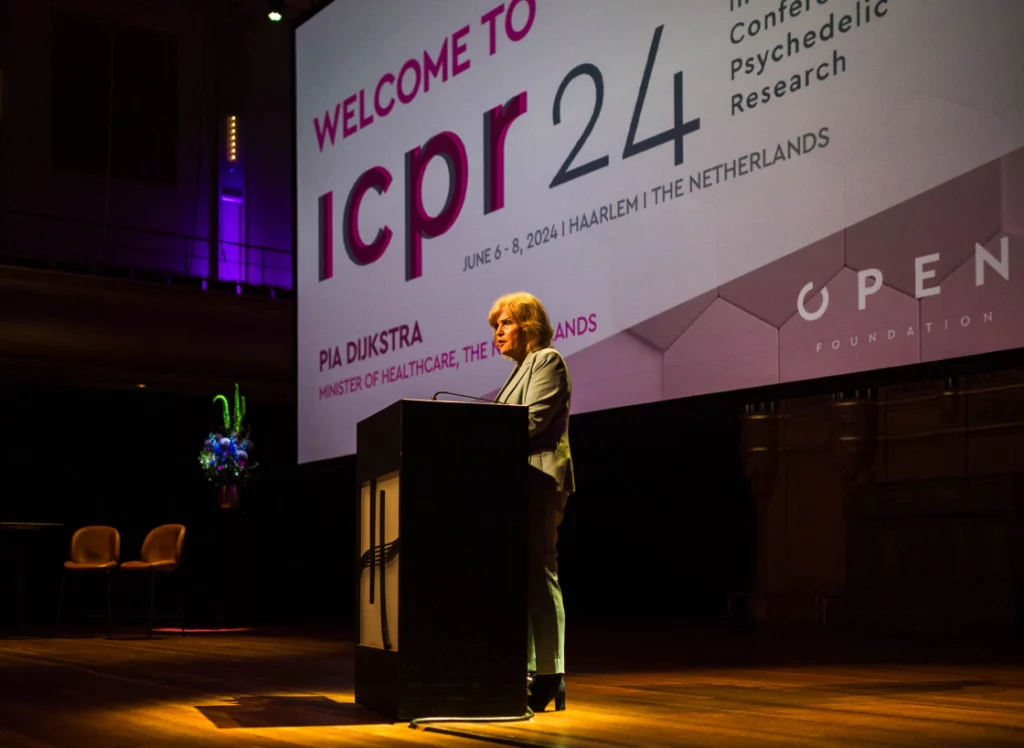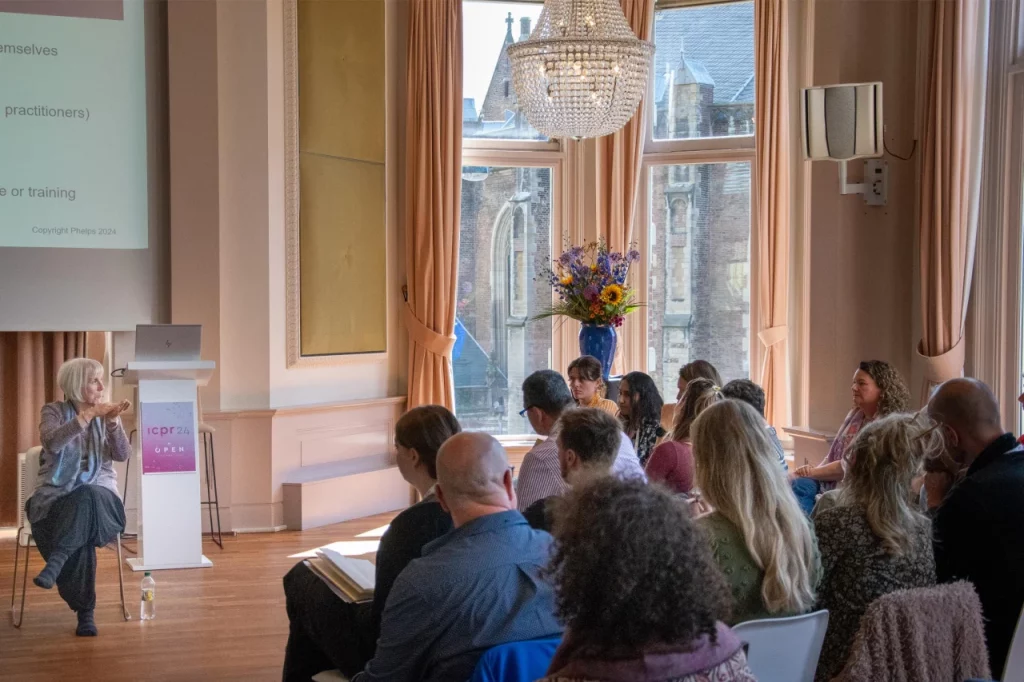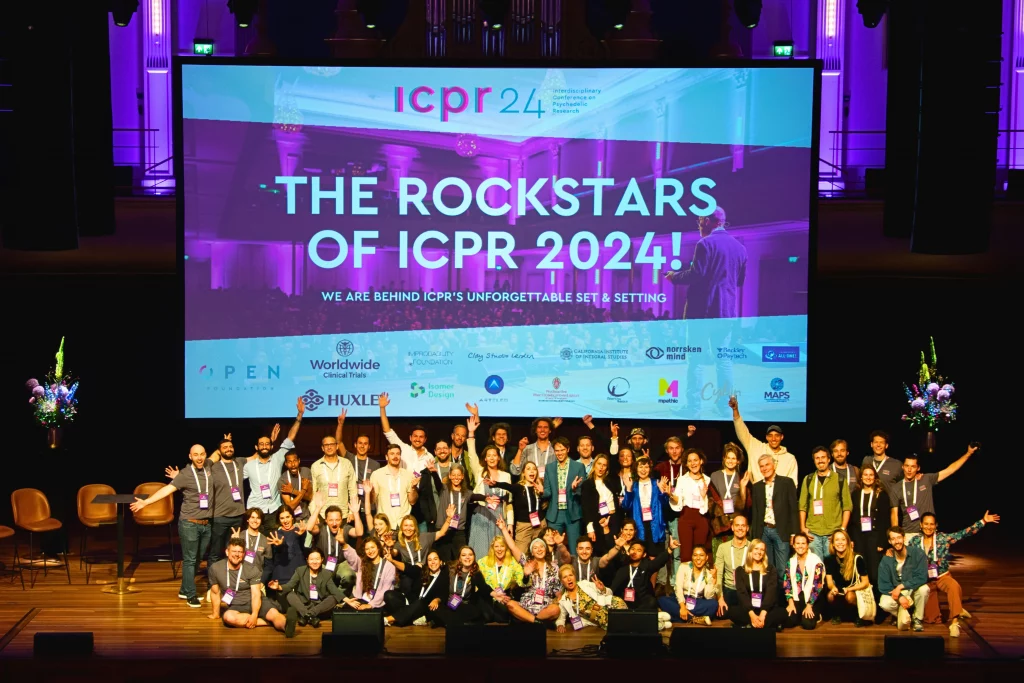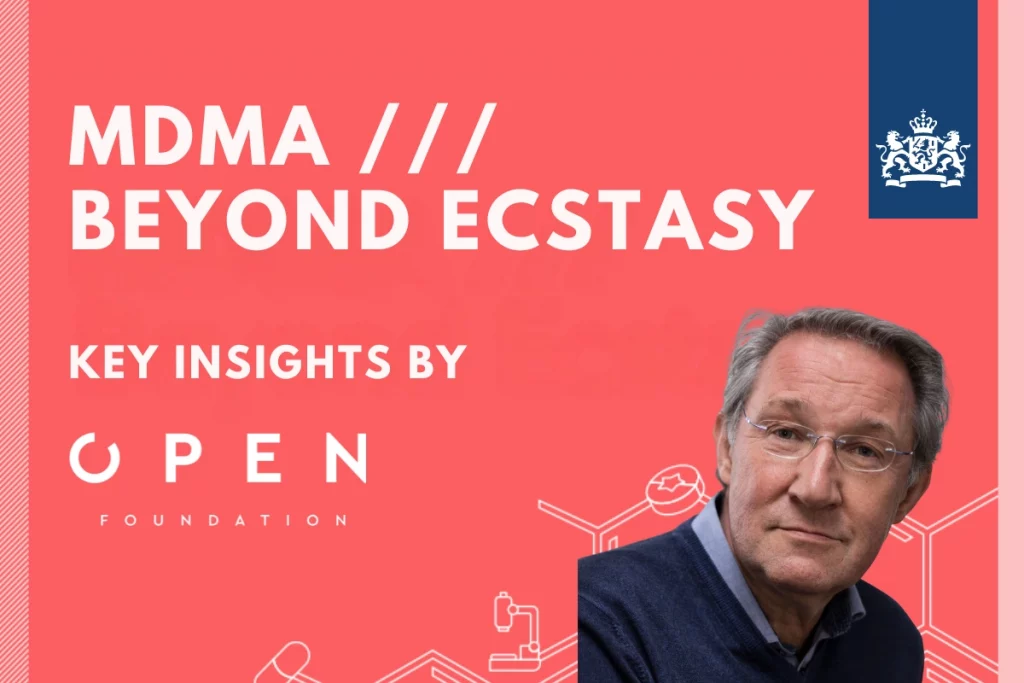Clinical Trial into Psilocybin Therapy for Psychological Distress in Palliative Care, PsyPal, Receives Medical Ethical Authorisation, with Conditions
Key takeaways
- Clinical study authorisation milestone achieved: The Clinical Trial PsyPal has been authorised in the participating member states, with conditions. Sign up to the PsyPal newsletter to stay informed.
- Groundbreaking research: PsyPal is the first fully EU-funded study to evaluate psilocybin therapy for depression / psychological distress in patients with palliative care needs, focusing on COPD, MS, ALS, and APD.
- Collaborative effort: Coordinated by the University Medical Centre Groningen and supported by 19 partners across nine countries, this €6.5 million Horizon Europe-funded project combines psychotherapy and psilocybin treatment to address critical gaps in end-of-life care.
A small but significant step toward the commencement of a trial of psychedelic therapy in palliative care has been achieved in the PsyPal project
The PsyPal consortium is proud to announce that the clinical trial PsyPal has been authorised according to the Clinical Trials Regulation (CTR) in the participating member states, with conditions. PsyPal is working on finalising the process to ensure compliance with CTR and collaborating with the funding agency in the context of a planned independent Ethics Review procedure which is not yet concluded. Only then, will the study be able to kick-off. By working together with regulators and competent ethics committees, PsyPal wants to ensure full compliance and commit to the highest EU ethical standards.
This milestone marks a significant step forward for the first fully EU-funded study of psilocybin therapy in palliative care, set to begin recruiting patients in 2025.
Coordinated by the University Medical Centre Groningen (UMCG) in the Netherlands, the PsyPal project is supported by Horizon Europe with €6.5M in funding. It aims to evaluate the safety and efficacy of psilocybin therapy in alleviating psychological distress for patients with progressive, incurable diseases. This multi-site clinical trial will focus on four specific conditions: chronic obstructive pulmonary disease (COPD), multiple sclerosis (MS), amyotrophic lateral sclerosis (ALS), and atypical Parkinson’s disease (APD).
This authorisation reflects a year of collaborative effort across the PsyPal consortium, which includes contributions from 35 co-authors from 19 partners from nine European countries.
The consortium is supported by an industry partner, Avextra, who are providing the study drug psilocybin for the clinical study and are supporting the regulatory process.
“This achievement is a testament to the dedication and expertise of our team,” said Robert Schoevers, Principal Investigator of PsyPal and Head of Psychiatry at UMCG. “We are eager to start enrolling patients for the clinical trial, which has the potential to transform care for patients facing severe psychological and existential distress once all approvals are in place.”
Error in previous communication about study which has authorisation according to the Clinical Trials Regulation and not EMA approval
- Some regrettable miscommunication arose last week with a press release arising from our pharmaceutical partner which suggested that the study drug had received EMA approval. Please note that this is incorrect. The Clinical Trials Regulation harmonises the processes for assessment and supervision of clinical trials throughout the EU. It is this authorisation that was sought and given.
Stay informed
- Sign up to the PsyPal newsletter to stay informed about patient recruitment, study progress, and more.
Disclaimer: PsyPal is funded by the European Union. Views and opinions expressed are those of the authors and do not necessarily reflect those of the European Union or the Health and Digital Executive Agency. Neither the European Union nor the granting authority can be held responsible for them.




